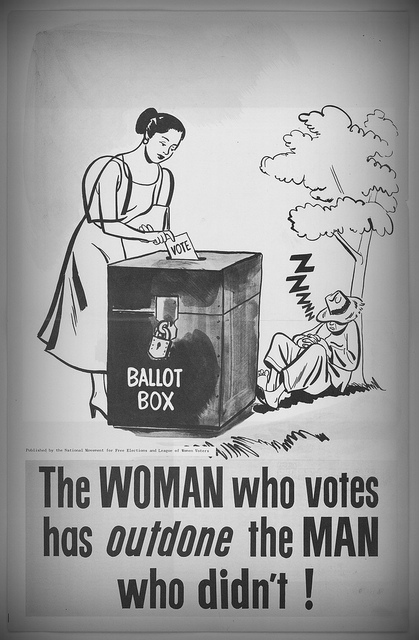 In a set period before an election tight restrictions come into force on what comms teams in the public sector can and can't do. The Local Government Association have written a rather fab guide from a local government perspective. Follow the link in the blog to the download.
In a set period before an election tight restrictions come into force on what comms teams in the public sector can and can't do. The Local Government Association have written a rather fab guide from a local government perspective. Follow the link in the blog to the download.
The countdown for local and national elections has started and communications teams in councils around the country are working out what this means for them. In response to requests for guidance, we recently produced a short guide to the publicity restrictions during the run-up to an election. Nearly 5,000 downloads later, even I’ve been surprised by the level of interest.
The term ‘purdah’ has come into popular use in both central and local government to describe the time immediately before elections and referendums when, amongst other things, particular care must be taken in the way communications teams operate.
A common misconception is that during the purdah period all local government communications activity has to shut down completely. This is not the case, and the ordinary functions of councils should continue, so long as certain restrictions are followed. The key issue is that councils must not publish anything which appears to support a political party or individual.
A good approach is to start by asking yourself: could a reasonable person conclude that you were spending public money to influence the outcome of the election? Would it be seen as fair and reasonable by the public and those standing for office?
In general, this means councils should not produce publicity on issues which are politically controversial, make references to individual politicians or groups in press releases or arrange proactive media or events involving candidates. It is also important to avoid supplying council photographs or other materials to councillors or political group staff unless you have checked that that they will not be used for campaigning purposes.
Councils are allowed to publish factual information to counteract misleading or extreme material (such as racist propaganda). In exceptional circumstances, such as to respond to an emergency situation, it could be appropriate for a public response to be fronted by someone like the chairman or ceremonial Mayor (things are a bit different for an elected mayor) who holds a politically neutral role.
People do sometimes take things to extremes. One of the more concerning approaches I’ve come across was a note sent to every councillor reminding them that during purdah they must not write any letters for publication to their local newspaper or take part in any broadcast interviews. Clearly this is wrong if councillors are doing this in their own right as part of campaigning, and not using any council resources to do so.
In my experience, a common sense, pragmatic approach works well and if you are even-handed in your advice, no one can criticise you. Building good relationships always helps and as your own returning officer is ultimately responsible for the conduct of the election in your area, a good working relationship with them is crucial and will help with some of the more difficult decisions.
Let me know if you come across any good, or indeed bad, examples that we can share with colleagues.
Download the LGA Purdah guide here.
David Holdstock is Director of Communications at the Local Government Association.
